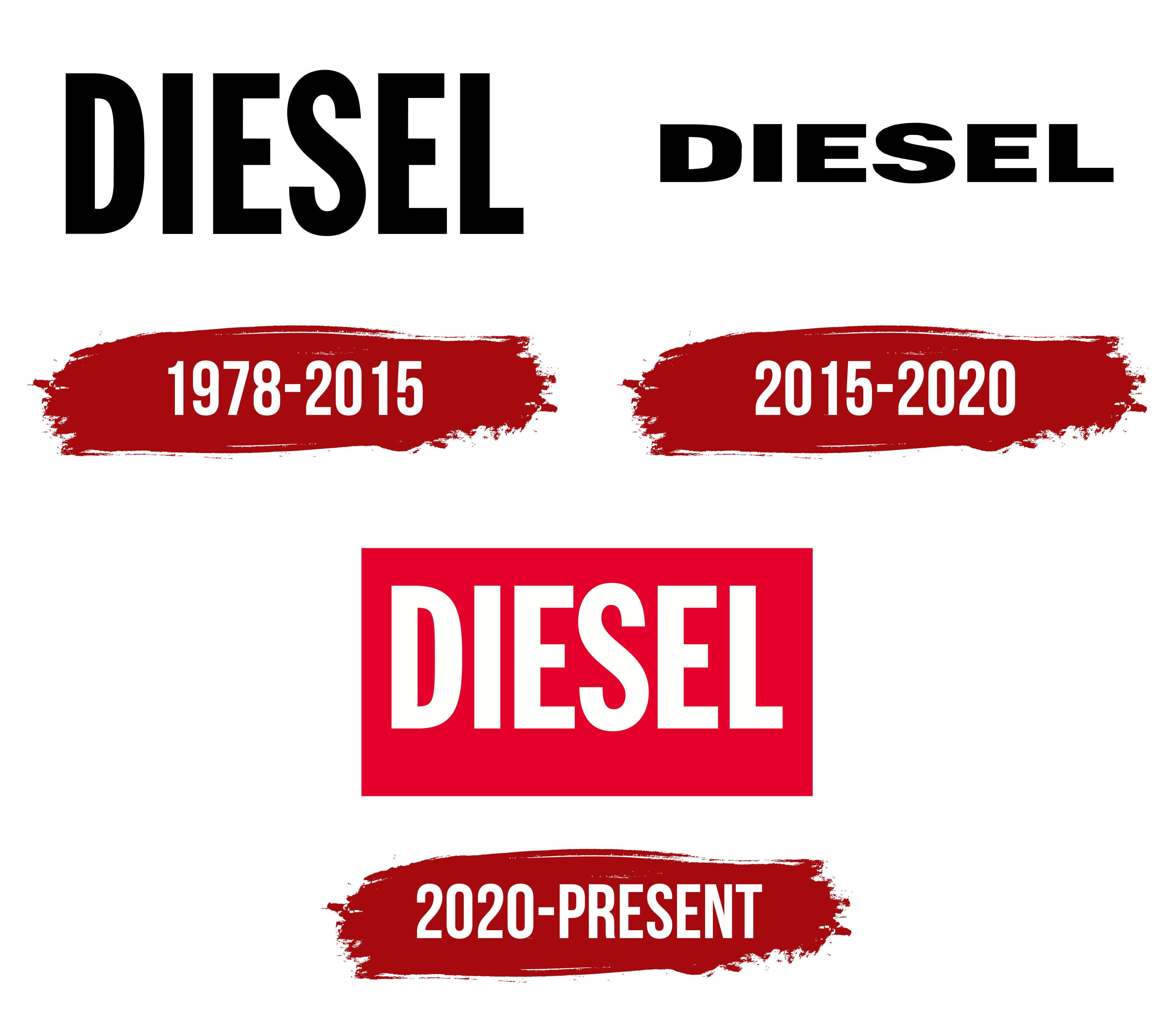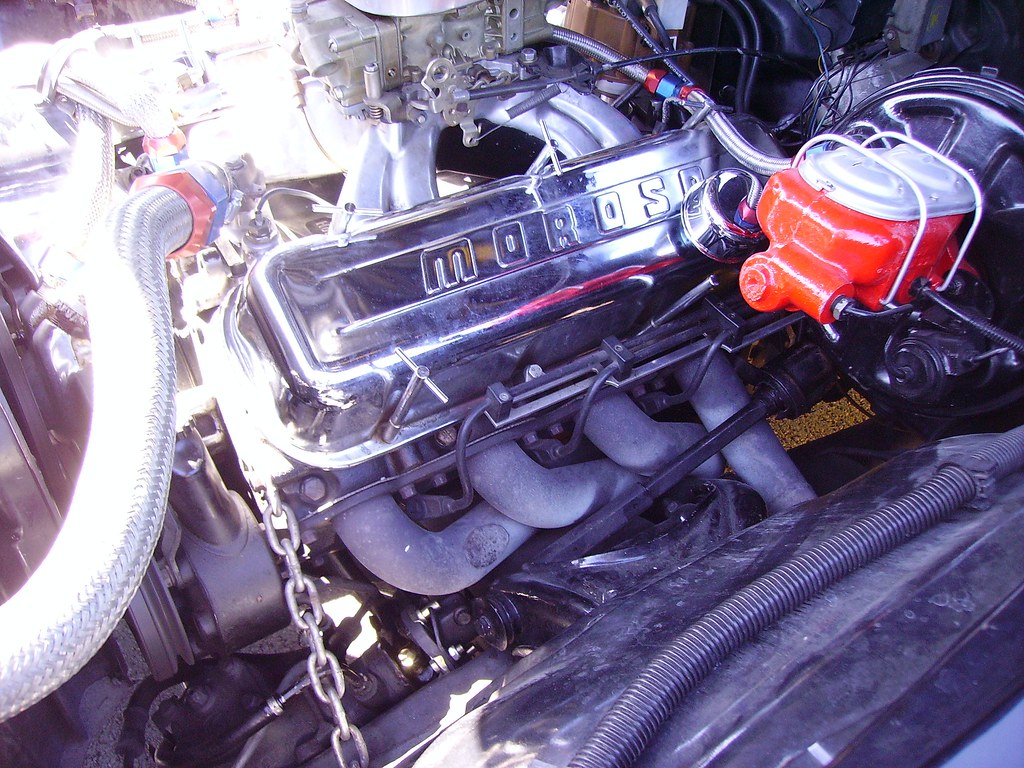
As we navigate the dynamic automotive landscape of 2025, with its constant innovations and evolving demands, one truth remains steadfast: diesel trucks are, and continue to be, indispensable powerhouses. For long-haul drivers, who depend on their vehicles as their livelihood, the choice of engine is paramount. While electric and hybrid options are gaining traction, the enduring appeal of diesel for heavy-duty applications, particularly in terms of strength and longevity, keeps it at the forefront.
Yet, beyond the widely acknowledged raw power, there are numerous advantages of modern diesel engines that often go underappreciated or are misunderstood. These aren’t just minor benefits; they are critical factors that directly influence operational efficiency, financial outlay, and overall peace of mind for those who spend countless hours on the road. From surprising advancements in environmental responsibility to significant long-term cost savings, diesel technology has quietly evolved, offering a suite of perks that are more relevant than ever.
This in-depth look aims to illuminate these essential, and often overlooked, perks that make diesel trucks an unbeatable choice for long-haul drivers today. We’ll cut through common misconceptions and highlight the practical, utilitarian benefits that ensure these vehicles are not just tools, but strategic investments that empower you to tackle any journey with confidence and capability. Let’s explore the first six crucial advantages that truly set diesel apart.
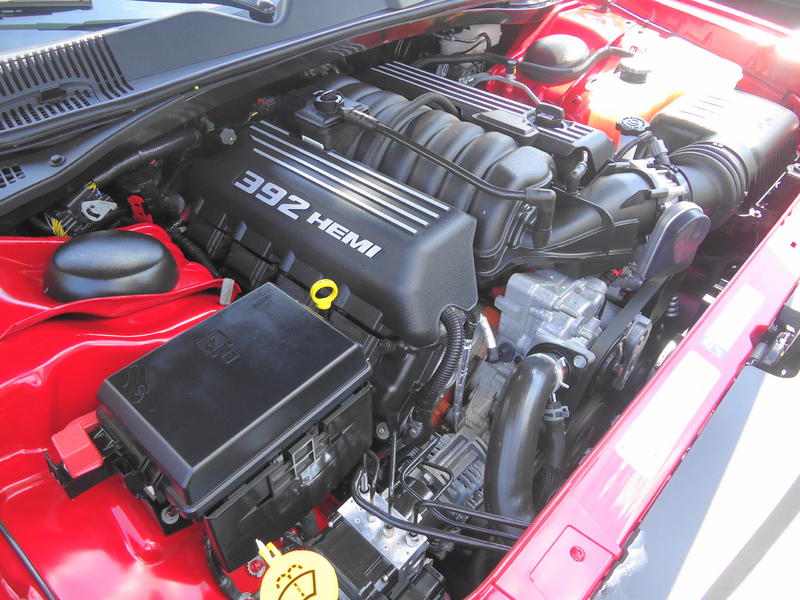
1. **Superior Towing and Hauling Capacity**
When it comes to the relentless demands of long-haul driving, the ability to tow and haul massive loads efficiently and reliably isn’t just a feature—it’s the very foundation of the job. Diesel engines are specifically engineered to provide an unparalleled advantage here, producing significantly higher torque at lower RPMs compared to their gasoline counterparts. This inherent power means they can effortlessly pull large trailers, heavy boats, or essential work equipment without undue strain on the engine or transmission.
For example, the context highlights that models like the 2025 RAM 2500 with a Cummins engine are capable of towing upwards of 20,000 pounds, a figure that speaks volumes about their brute strength. Similarly, the diesel versions of the GMC Sierra 1500 and the Chevy Silverado stand out as true towing workhorses, capable of trailering over 13,000 pounds. This substantial capacity, often 2,000 pounds more than a comparable gas V8, makes them the go-to choice for professionals in construction, farming, or anyone whose livelihood depends on moving serious tonnage.
The low-end torque advantage of diesel engines is critical, as it allows the engine to handle the stress of hauling without putting excessive strain on the vehicle. This translates to smoother acceleration when loaded, better control on inclines, and an overall more confident driving experience, which is invaluable when you’re covering vast distances with precious cargo. It’s this foundational strength that solidifies diesel’s role as the indispensable partner for heavy-duty applications.
Moreover, the very nature of diesel fuel, which is thicker in density than gasoline and requires less volume to create the same amount of energy, contributes directly to this superior performance. This higher energy density provides access to more torque, directly translating into those impressive towing and hauling numbers. For the long-haul driver, this isn’t merely a statistic; it’s the assurance that their rig can tackle any load, making every trip, whether across states or through rugged terrain, a manageable feat.
Read more about: Navigating the Concrete Jungle: The Top 2025 Cars Engineered for Effortless Urban Parking
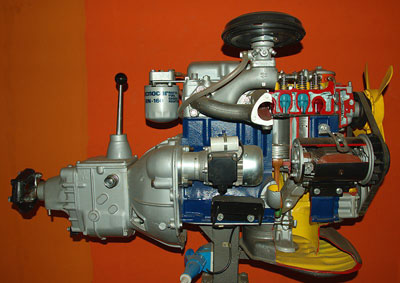
2. **Exceptional Fuel Efficiency**
In an industry where every mile counts and fuel costs can significantly impact profitability, the exceptional fuel efficiency of diesel engines stands out as a paramount, though sometimes understated, perk for long-haul drivers. Diesel engines typically deliver a remarkable 20-30% better mileage than comparable gasoline engines. This isn’t just a marginal improvement; for someone driving thousands of miles a week, it translates into substantial financial savings and fewer disruptions at the pump.
The higher energy density of diesel fuel is a key factor here, allowing diesel engines to deliver more power while consuming less fuel per gallon. This inherent efficiency means you can cover significantly more ground between fill-ups. Consider a model like the 2025 Chevy Silverado 1500 Duramax, which boasts an impressive EPA-estimated 24 mpg combined—a figure that truly highlights the economic advantage over its gasoline counterparts.
For long-haul operations, the benefit of longer range cannot be overstated. Fewer stops for fuel mean more time on the road, improving delivery schedules and overall operational efficiency. Whether traversing vast stretches of highway or navigating more challenging terrains, the ability to go further on a tank of fuel provides a practical advantage that directly impacts a driver’s daily routine and bottom line.
While diesel fuel often carries a higher price per gallon than regular unleaded gas, especially in fluctuating markets, the superior mileage often offsets this cost difference, particularly for high-mileage drivers. As the context suggests, for highway regulars, “the mileage boost could easily outweigh the higher fuel price.” This makes diesel not just a powerful option, but a genuinely economical one for those whose livelihoods are spent behind the wheel over long distances.
Read more about: Beyond the Showroom: Why Inventory Woes and Digital Demands Are Reshaping Automotive Dealerships Today
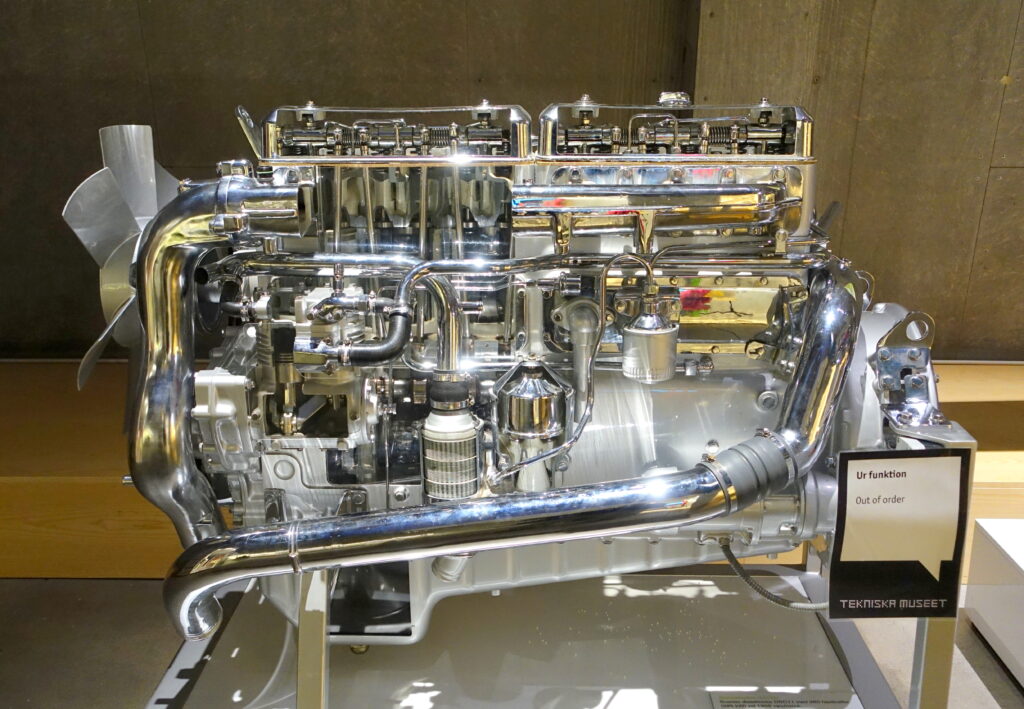
3. **Unmatched Longevity and Durability**
The phrase “built to last” perfectly encapsulates the core engineering philosophy behind diesel engines, making their unmatched longevity and durability a truly essential, though perhaps taken for granted, perk for long-haul drivers. Unlike gasoline engines, diesels are constructed to withstand the immense pressures of high compression and heavy loads, featuring robust designs with thicker cylinder walls, stronger components, and heavy-duty parts. This rugged construction is precisely why they are the engine of choice for commercial vehicles and heavy machinery, where continuous, demanding operation is the norm.
With proper maintenance, the lifespan of a diesel engine is truly astonishing. It is not uncommon for many diesel engines to easily surpass 300,000 miles, with some well-cared-for examples even reaching a staggering 500,000 miles or more. This exceptional long-lasting power stands in stark contrast to most gasoline-powered engines, which typically reach their limits around 200,000 miles. For a long-haul driver, this means a significant extension of the vehicle’s operational life, turning it into a truly long-term asset rather than a frequent replacement.
This inherent durability translates into immense peace of mind and substantial savings over the lifetime of the vehicle. A truck that can reliably perform for hundreds of thousands of miles reduces the need for frequent vehicle replacement, thereby minimizing capital expenditure. The lower RPMs at which diesel engines operate, coupled with fewer moving parts (such as the absence of spark plugs), also contribute to less wear and tear over time, further extending their operational lifespan.
Ultimately, a diesel truck represents a sound investment for anyone who plans to keep their vehicle for many years, especially those whose profession demands consistent, heavy-duty use. The “tough as nails” reputation is earned through superior engineering, ensuring that these engines can thrive under the most demanding conditions. For the long-haul professional, this durability isn’t just a benefit; it’s a fundamental requirement that diesel engines consistently exceed.
Read more about: Unstoppable Powerhouses: 14 Legendary Engines That Defy Time and Deliver Endless Miles
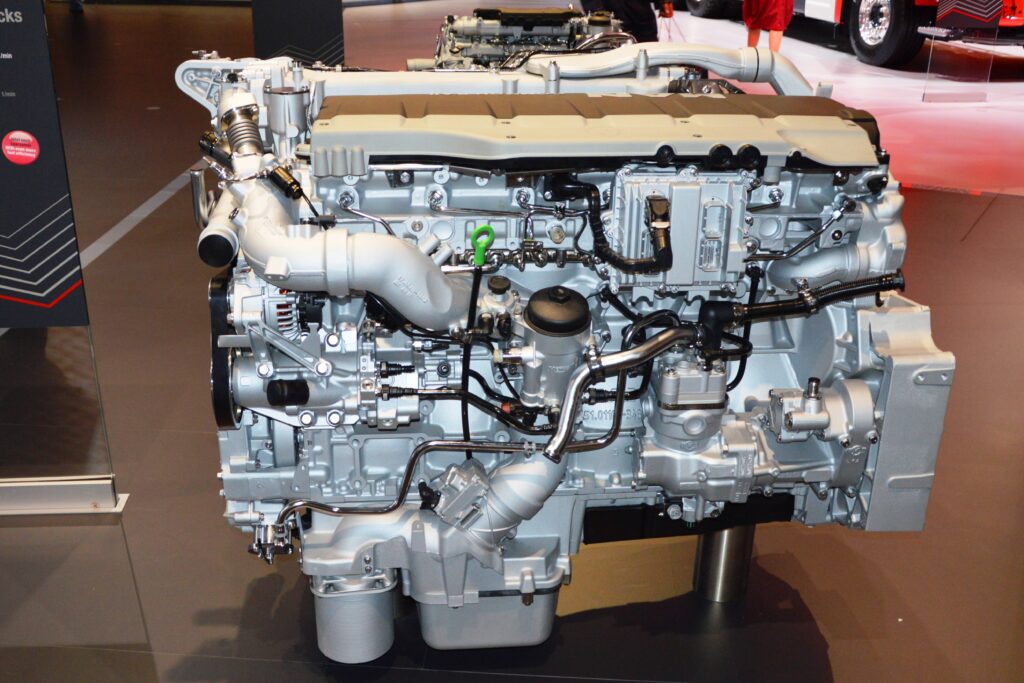
4. **High Resale Value**
While the initial upfront cost of a diesel truck might seem like a barrier, one of its most compelling, yet often overlooked, long-term perks is its consistently high resale value. Diesel trucks tend to hold their worth significantly better than their gasoline counterparts, a financial advantage that makes them a smarter investment for long-haul drivers who view their vehicles as critical business assets. This superior retention of value is primarily driven by their robust reputation for reliability and the sustained demand in the used market.
For professional drivers, recouping a solid portion of their initial investment when it’s time to upgrade or sell is a major financial perk. The depreciation rate for diesel trucks is typically lower, meaning that your asset retains more of its value over time. In 2025, with a strong aftermarket for heavy-duty trucks, this financial stability becomes even more pronounced. It assures buyers that their significant upfront expenditure will pay dividends down the road.
The strong market demand for used diesel trucks, particularly in industries that heavily rely on durable, high-performance vehicles like contracting, farming, and RV ownership, plays a crucial role in maintaining their value. This consistent demand ensures that when you’re ready to move on, there will be a ready and willing market for your well-maintained diesel rig. This makes the eventual sale or trade-in process smoother and more financially rewarding.
In essence, the high resale value transforms the higher initial price tag from a perceived hurdle into a strategic long-term investment. The “rugged rep” of diesel vehicles, combined with their proven longevity and capability, translates directly into a better return on investment. For the long-haul driver planning their fleet’s future, choosing diesel means driving into 2025 with not just power and efficiency, but also a valuable asset that stands the test of time financially.
Read more about: Ranking 10 EV Battery Packs: Which Brands Retain Nearly 80% Capacity After 10 Years?
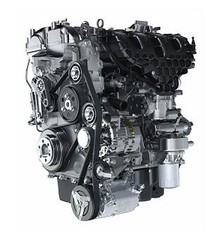
5. **Lower Long-Term Maintenance Costs**
One of the most persistent diesel engine myths is that they are inherently more expensive to maintain, a misconception that often overshadows a significant and essential perk for long-haul drivers: lower long-term maintenance costs. While individual repairs for specialized components like fuel injectors or turbochargers can indeed be pricier, the overarching truth is that diesel engines typically require less frequent servicing and are engineered for exceptional durability, ultimately making them more economical over their extensive lifespan.
The robust construction of diesel engines means they are built to withstand higher levels of stress and run more efficiently, which places less strain on the engine and transmission components. This inherent durability translates directly into fewer repairs as the vehicle ages, especially when compared to gasoline engines. As the context points out, diesel engines don’t rely on spark plugs for ignition, instead using compression, which eliminates a common maintenance item found in gas engines and contributes to their simplified internal mechanics.
Investing in regular, diligent maintenance is key, transforming what might be seen as “extra care” into “extra reward.” Many diesel owners report fewer problems with their trucks over time, particularly when they adhere to recommended service schedules. This proactive approach, including specialized oil changes and fuel filter replacements, ensures the engine performs optimally and avoids costly issues down the line. It’s about preventative care leading to long-term reliability rather than frequent reactive repairs.
Ultimately, while diesel trucks might have a higher upfront cost, their lower long-term maintenance needs, combined with their superior longevity, often make them a more economical choice in the long run. They are designed for extended periods of use with fewer breakdowns, allowing long-haul drivers to minimize downtime and keep their trucks on the road earning revenue. This makes the perceived hurdle of maintenance costs an overlooked benefit when viewed from a comprehensive, long-term perspective.
Read more about: Unlock Your Home’s Hidden Wealth: Simple, Tax-Free Strategies to Convert Equity into Income
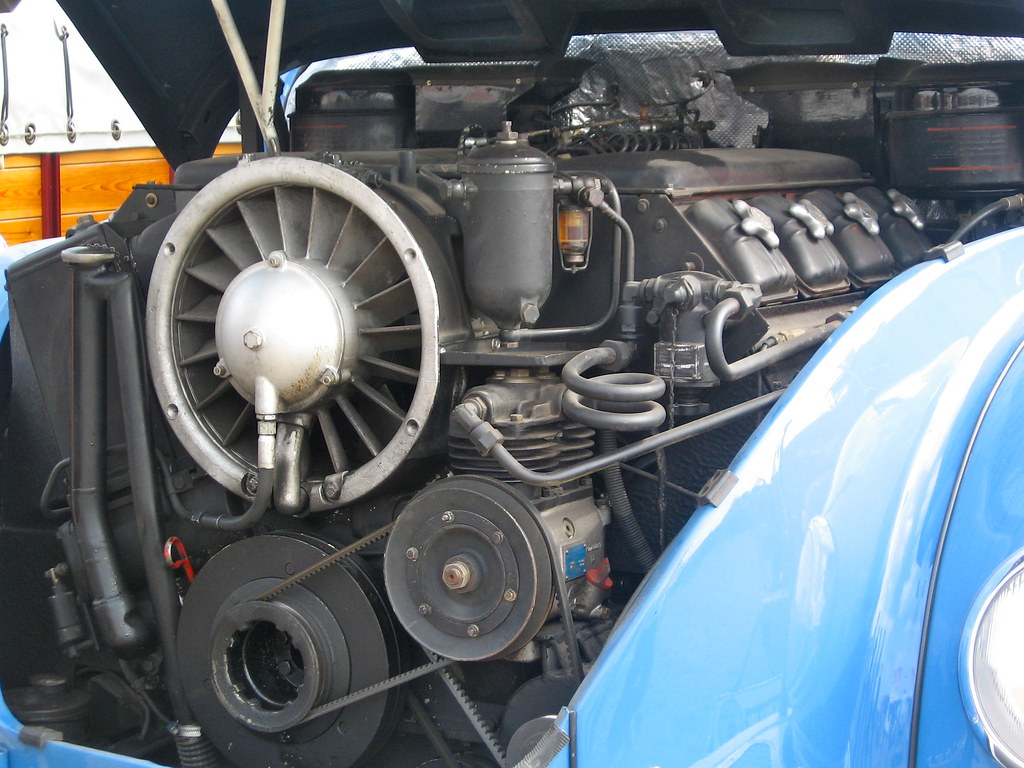
6. **Cleaner, Quieter Modern Technology**
The antiquated image of loud, smoky, and environmentally harmful diesel engines is perhaps one of the most stubborn myths, yet modern diesel technology has evolved dramatically, offering significant and often overlooked perks for long-haul drivers: cleaner emissions and considerably quieter operation. Gone are the days of billowing black clouds; today’s diesel trucks boast advanced engineering and sophisticated emissions systems that bring them much closer to, and in some aspects even surpass, their gasoline counterparts in environmental performance and acoustic comfort.
Groundbreaking innovations such as Diesel Exhaust Fluid (DEF) systems, advanced turbocharging, Diesel Particulate Filters (DPFs), and Selective Catalytic Reduction (SCR) systems have revolutionized diesel engines. DPFs, for instance, are highly effective, capturing an astonishing 99% of particulate matter before it can enter the atmosphere, a testament to the stringent emission standards now in place. These technologies ensure that modern diesels meet, and often exceed, the latest EPA requirements.
Beyond just particulates, modern diesels also demonstrate a surprising advantage in carbon dioxide emissions. The 2024 Sierra 1500 with a Duramax diesel, for example, emits 416 grams per mile of CO2, a significantly smaller footprint than the 6.2-liter V8 at 539 grams per mile or the 2.7-liter four-cylinder at 488 grams per mile. This demonstrates that for every gallon of fuel burned, diesel engines produce fewer CO2 emissions, making them a more sustainable option in this specific environmental metric.
For the long-haul driver, these advancements translate into a more pleasant working environment—quieter cabs reduce driver fatigue—and a reduced environmental impact, aligning with growing industry standards and personal values. Modern diesel engines blend raw power with environmental consciousness, appealing to both traditionalists seeking performance and eco-minded buyers. This transformation from a perceived environmental villain to a surprisingly clean and quiet workhorse is a powerful, yet frequently overlooked, perk.
### Beyond the Basics: Six More Indispensable Diesel Advantages Redefining Long-Haul Driving
Having established the foundational advantages that make diesel trucks indispensable, we now shift our focus to an additional suite of perks. These benefits often go unnoticed or misunderstood, yet they are crucial for modern long-haul professionals. We’ll delve into specialized capabilities, debunk lingering myths, and explore advanced aspects that redefine what a diesel engine can do for you on the road and beyond.
Read more about: Eco-Guilt Road Trip: Unmasking the V8 Monsters That’ll Have Environmentalists Side-Eyeing Your Carbon Footprint
7. **Unleashed Performance for Off-Roading**
For long-haul drivers whose routes might include venturing off the beaten path, or for those who simply crave adventure on their downtime, the off-road prowess of diesel trucks is a significant, often surprising, perk. The very same torque advantage that makes these engines superior for towing heavy loads proves equally invaluable when navigating rugged terrain. This low-end grunt provides the necessary power to crawl over rocks, slog through mud, and ascend steep inclines with confidence.
Modern diesel trucks, such as the 2025 Ford F-250 Super Duty, are increasingly offered with specialized off-road packages directly from the factory, integrating the robust diesel powertrain with enhanced suspension and traction systems. This synergy creates a vehicle capable of tackling challenging environments where gasoline engines might struggle, ensuring that your journey doesn’t end where the pavement does. For the long-haul professional, this means greater versatility whether for work or recreation.
Take, for instance, the GMC Sierra 1500 AT4X, which now features the diesel engine as standard for its off-road-focused configuration. This decision by the manufacturer underscores the undeniable benefit of diesel torque for applications like rock crawling, where precise, sustained power at low speeds is paramount. Imagine towing an RV to a remote, gorgeous campsite with ease, then detaching and taking on the local trails with a truck built for the task—that’s the freedom and capability a diesel offers.
Read more about: Unleash the Beasts: 12 Simple 4x4s That Absolutely Dominated as Off-Road Kings, Then and Now!
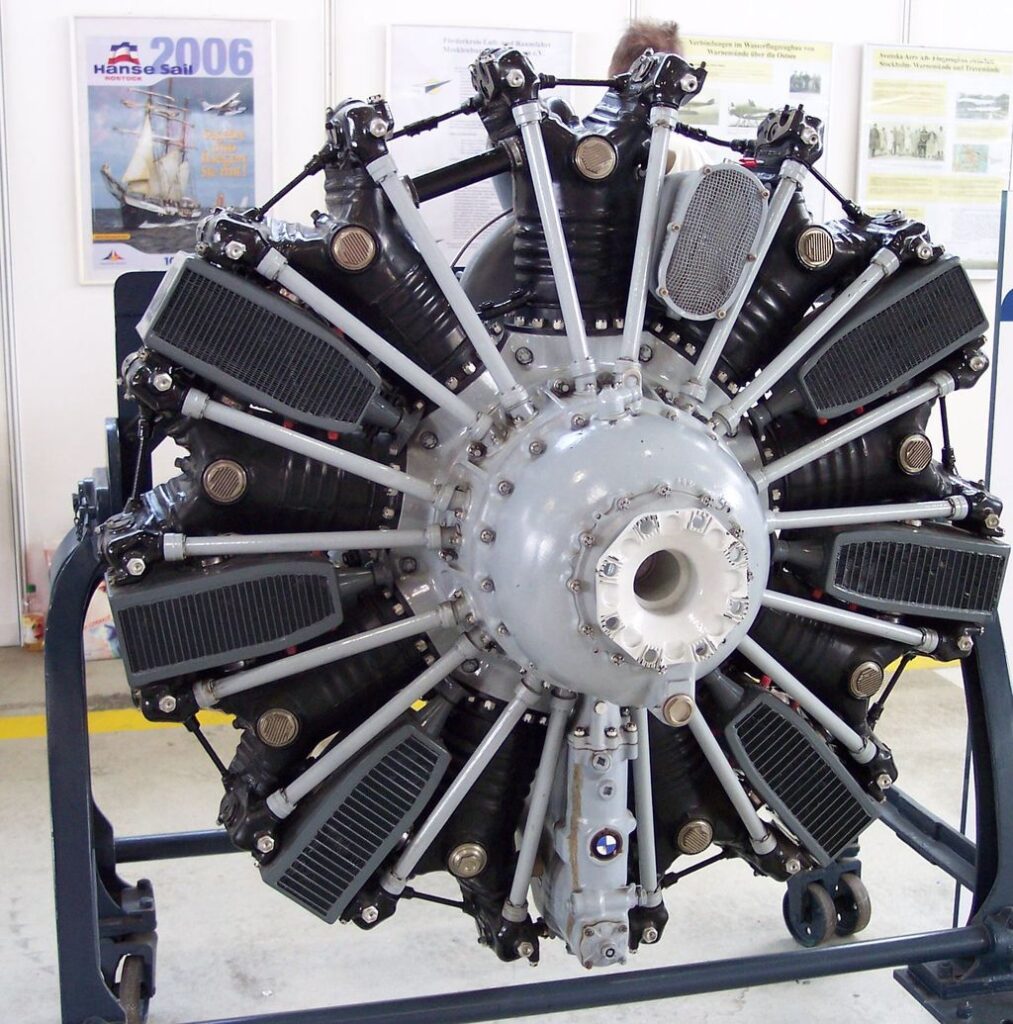
8. **The Ideal Tool for Work and Utility**
While towing capacity is a key facet, diesel trucks transcend mere hauling; they are purpose-built tools, essential for a myriad of work-related tasks and industries. For professionals in fields like construction, agriculture, or the oilfield, a diesel truck isn’t just a preferred choice—it’s an absolute necessity. Its inherent design prioritizes robust performance under constant heavy-duty operation, making it the backbone of many demanding job sites.
These vehicles are engineered to handle the relentless grind of transporting construction materials, pulling specialized trailers, or moving heavy equipment day in and day out without compromise. The combination of sustained torque, impressive payload capacity, and unwavering reliability forms a formidable package. This allows long-haul drivers, who might also engage in trade-specific tasks, to execute their duties efficiently and without hesitation, knowing their truck will perform reliably.
Whether it’s navigating a muddy farm track with a loaded bed or ensuring vital equipment reaches a remote construction site, the power and sheer capability of diesel engines make them the perfect choice for jobs that demand serious muscle. For contractors and farmers who depend on their vehicles as fundamental business assets, the utility a diesel truck provides extends far beyond simple transportation, directly contributing to productivity and operational success.
Read more about: Unlock Your Home’s Hidden Wealth: Simple, Tax-Free Strategies to Convert Equity into Income
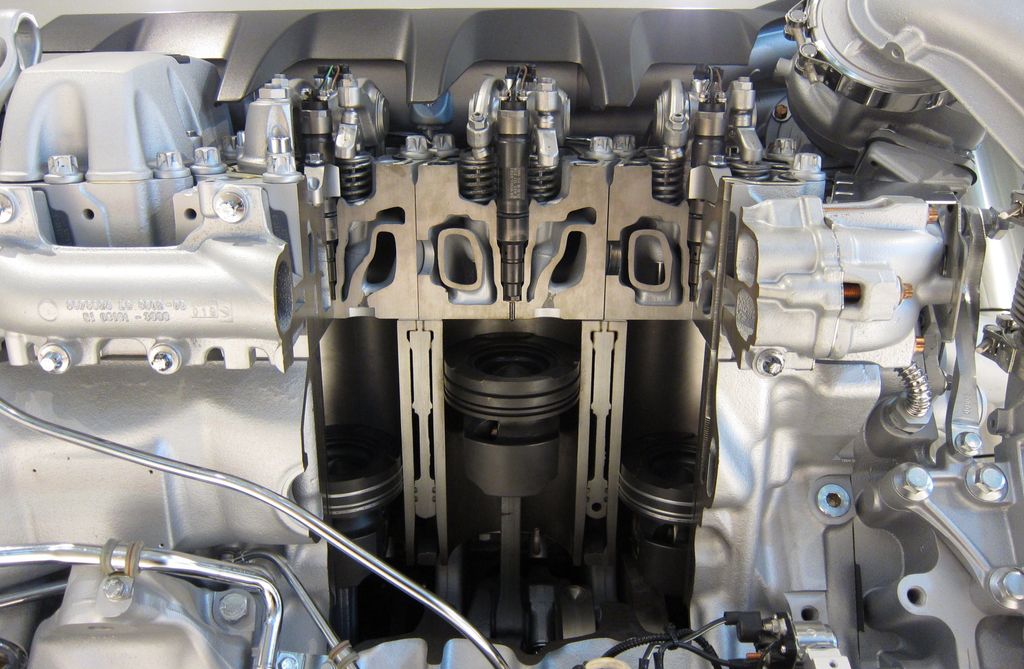
9. **Perfect Match for Large and Heavy Trucks**
The synergy between diesel engines and large, heavy-duty trucks is not accidental; it’s a deliberate design philosophy that maximizes overall capability and performance. When considering vehicles like the Ford Super Duty series, Ram 2500/3500, or the GM HD series, the diesel engine isn’t merely an optional upgrade—it’s frequently considered the ideal powerplant, meticulously integrated to unlock the truck’s full potential.
These heavy-duty pickups are fundamentally designed with diesel powertrains in mind, ensuring that every component, from the transmission to the chassis, can withstand and effectively harness the immense power and torque that diesel engines generate. This results in a cohesive and incredibly capable vehicle that feels balanced and controlled even when operating at its maximum limits, which is paramount for long-haul stability and safety.
The robust construction and superior efficiency of diesel engines perfectly complement the demanding nature of heavy-duty truck operations. It’s about more than just brute strength; it’s about intelligent engineering that allows the entire vehicle system to perform optimally. For the professional who relies on these larger platforms, opting for a diesel engine ensures they are getting a truck that truly embodies the strength and stamina required for continuous, heavy-duty service across vast distances.
Car Model Information: 2019 Land Rover Range Rover Sport HSE
Name: Ford Super Duty,(F-250/F-350/F-450/F-550/F-600)
Caption: 2020 Ford F-250
Manufacturer: Ford Motor Company
Production: January 5, 1998–present
ModelYears: 1999–present
Class: pickup truck
Layout: Front-engine, rear-wheel-drive layout
Predecessor: Ford F-Series (ninth generation)
Categories: 2000s cars, 2010s cars, All-wheel-drive vehicles, All articles with bare URLs for citations, Articles with bare URLs for citations from August 2024
Summary: The Ford Super Duty (also known as the Ford F-Series Super Duty) is a series of heavy-duty pickup trucks produced by the Ford Motor Company since the 1999 model year. Slotted above the consumer-oriented Ford F-150, the Super Duty trucks are an expansion of the Ford F-Series range, from F-250 to the F-600. The F-250 through F-450 are offered as pickup trucks, while the F-350 through F-600 are offered as chassis cabs.
Rather than adapting the lighter-duty F-150 truck for heavier use, Super Duty trucks have been designed as a dedicated variant of the Ford F-Series. The heavier-duty chassis components allow for heavier payloads and towing capabilities. With a GVWR over 8,500 lb (3,900 kg), Super Duty pickups are Class 2 and 3 trucks, while chassis-cab trucks are offered in Classes 3, 4, 5, and 6. The model line also offers Ford Power Stroke V8 diesel engines as an option.
Ford also offers a medium-duty version of the F-Series (F-650 and F-750), which is sometimes branded as the Super Duty, but is another chassis variant. The Super Duty pickup truck also served as the basis for the Ford Excursion full-sized SUV.
The Super Duty trucks and chassis-cabs are assembled at the Kentucky Truck Plant in Louisville, Kentucky, and at Ohio Assembly in Avon Lake, Ohio. Prior to 2016, medium-duty trucks were assembled in Mexico under the Blue Diamond Truck joint venture with Navistar International.
Get more information about: Ford Super Duty
Buying a high-performing used car >>>
Brand: Ford Model: Super Duty
Price: $27,489 Mileage: 77,935 mi.
Read more about: Unpacking the 2025 Ford Ranger: Why Ford’s Latest Midsize Pickup is the Ultimate Workhorse for Modern Professionals
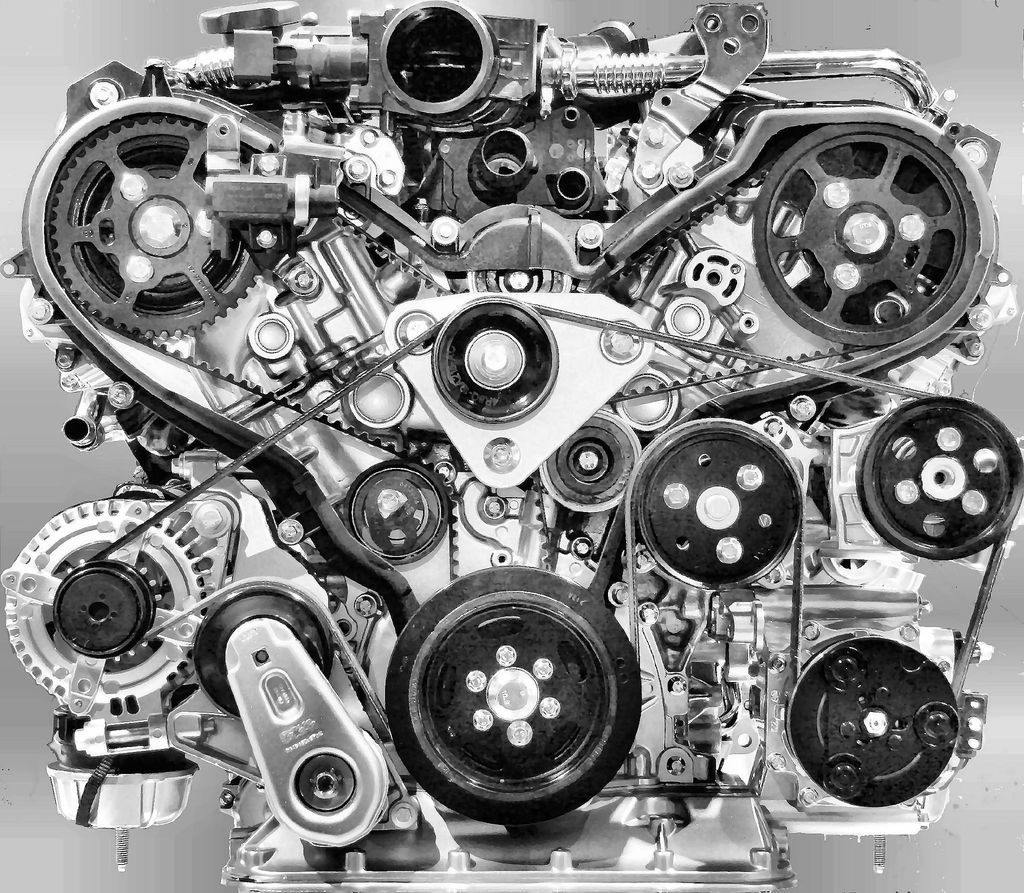
10. **Diesel Fuel Availability: Dispelling the Myth**
One persistent myth that often causes hesitation for potential diesel truck owners is the perceived difficulty in finding diesel fuel. While it’s true that not every single gas station carries diesel, the notion that it’s “hard to find” is largely unfounded, especially for long-haul drivers traversing major routes. In reality, diesel fuel is quite plentiful across the nation, and its availability continues to expand.
Consider the sheer volume of commercial vehicles, from big rigs to delivery fleets, that rely exclusively on diesel engines; these vehicles necessitate widespread fuel availability along interstates and in metropolitan areas. Data from states like California, for example, shows a steady increase in the number of retail fuel stations offering diesel over the last decade, with thousands of locations readily available as of 2023. This trend reflects the growing realization by fuel providers of diesel’s ongoing importance.
For long-haul drivers, planning a cross-country journey simply involves a quick check of fuel stops, which is a common practice regardless of fuel type. Moreover, the superior fuel economy of diesel engines means fewer stops are needed between fill-ups, providing a greater cushion to locate suitable stations. This combination of widespread availability and extended range means that concerns about finding fuel should not deter anyone from experiencing the substantial benefits of diesel power.

11. **Understanding Engine Hours for Used Diesels: A Smart Investment Metric**
When considering a used diesel truck, a critical, yet often overlooked, perk for the astute buyer is the importance of “engine hours” in addition to traditional mileage. While a low odometer reading might seem appealing, it doesn’t always tell the whole story for a diesel engine. These powerplants frequently spend significant time idling, such as on construction sites or powering auxiliary equipment, accumulating wear without logging substantial road miles.
This distinction is vital because sustained idling, though not adding miles, still contributes to engine wear and tear. Experts suggest that one hour of engine operation can roughly equate to 25 miles of driving in terms of component stress. Therefore, a truck with 50,000 miles but 2,000 engine hours has, in effect, experienced wear equivalent to a much higher mileage vehicle. Recognizing this metric allows buyers to assess the true condition and remaining lifespan of the engine more accurately.
For long-haul drivers looking to make a sound investment in a used vehicle, diligently checking the engine hour meter—if available—and scrutinizing maintenance logs becomes paramount. A thorough pre-purchase inspection by a qualified mechanic can further unveil any hidden wear signs if service records are incomplete. This informed approach ensures that the “rugged rep” of diesel engines truly translates into a valuable, long-lasting asset, protecting your investment for years of reliable service.
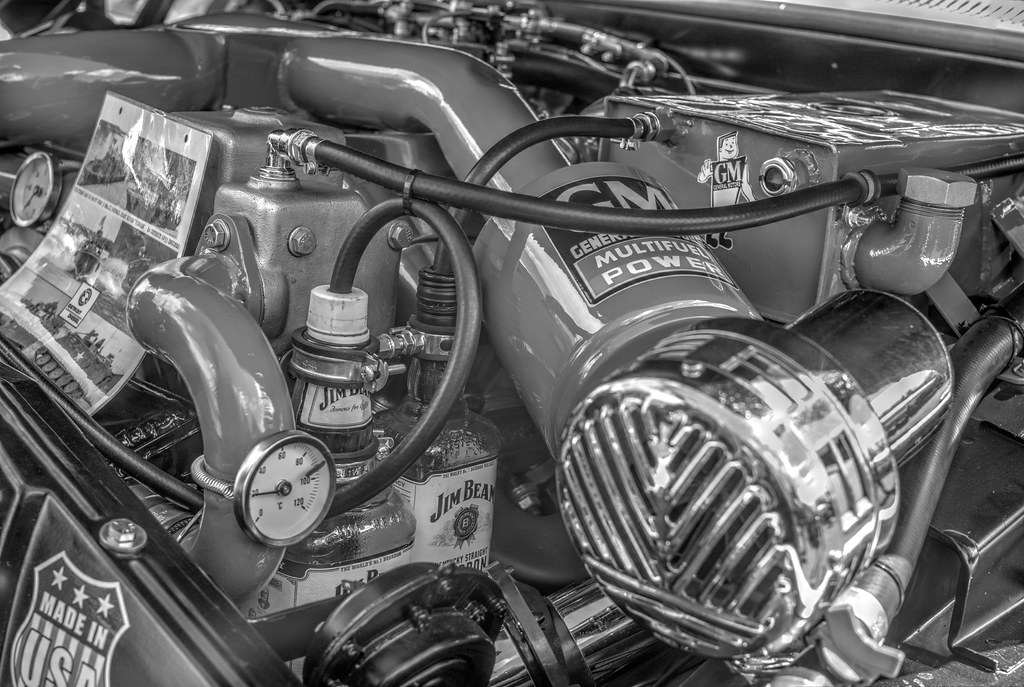
12. **Conquering Cold Weather Performance with Confidence**
Another lingering concern often associated with diesel engines, especially in colder climates, is their performance in freezing temperatures. The myth of diesel fuel “gelling” and causing starting difficulties is partially rooted in historical fact, but modern technology and informed practices have largely turned this challenge into a manageable, even negligible, consideration. Long-haul drivers can confidently navigate winter conditions with the right preparations.
The primary solution comes in the form of “winterized fuel,” which is readily available in cold regions. This specialized diesel is treated with anti-gel additives designed to prevent the fuel from thickening and clogging lines when temperatures plummet. Additionally, modern diesel trucks are often equipped with essential cold-weather aids such as block heaters, which preheat the engine for easier starts, and glow plugs, which pre-warm the combustion chambers, ensuring reliable ignition even on the chilliest mornings.
For the diligent driver, maintaining filter and battery checks is also crucial, as these components are vital for optimal cold-weather operation. By simply allowing the engine a minute to warm up after starting, and utilizing these advanced features and specialized fuels, cold weather ceases to be a significant barrier. This demonstrates diesel’s robust engineering, ensuring that these indispensable workhorses can perform reliably and efficiently, regardless of the meteorological challenges they face.
***
In 2025, the dynamic world of automotive technology continues to advance at an astonishing pace, yet the diesel truck remains an unwavering beacon of power, efficiency, and reliability for long-haul professionals. These vehicles are far more than just basic transporters; they are sophisticated machines designed to meet the most rigorous demands, offering a comprehensive suite of benefits that extend far beyond their raw strength. From the foundational capabilities of superior towing and unmatched durability to the nuanced advantages of off-road prowess, intelligent design synergy with heavy-duty platforms, and the clear debunking of old myths regarding fuel availability and cold-weather performance, diesel engines consistently prove their worth.
Read more about: Is the 2025 Rivian R1T a Practical EV Truck for Daily Use? An In-Depth Wired Analysis
Choosing a diesel truck for your long-haul needs in 2025 means investing in a vehicle that is not only built for the long run but is also equipped with modern technology that ensures cleaner operation and enhanced driver comfort. It’s a decision that prioritizes long-term value, operational efficiency, and the sheer confidence that comes from driving a machine engineered to tackle any challenge the road—or the wilderness—throws your way. So, if you’re looking for a partner that truly delivers, embracing the full spectrum of diesel’s overlooked perks will undoubtedly drive your success forward.

